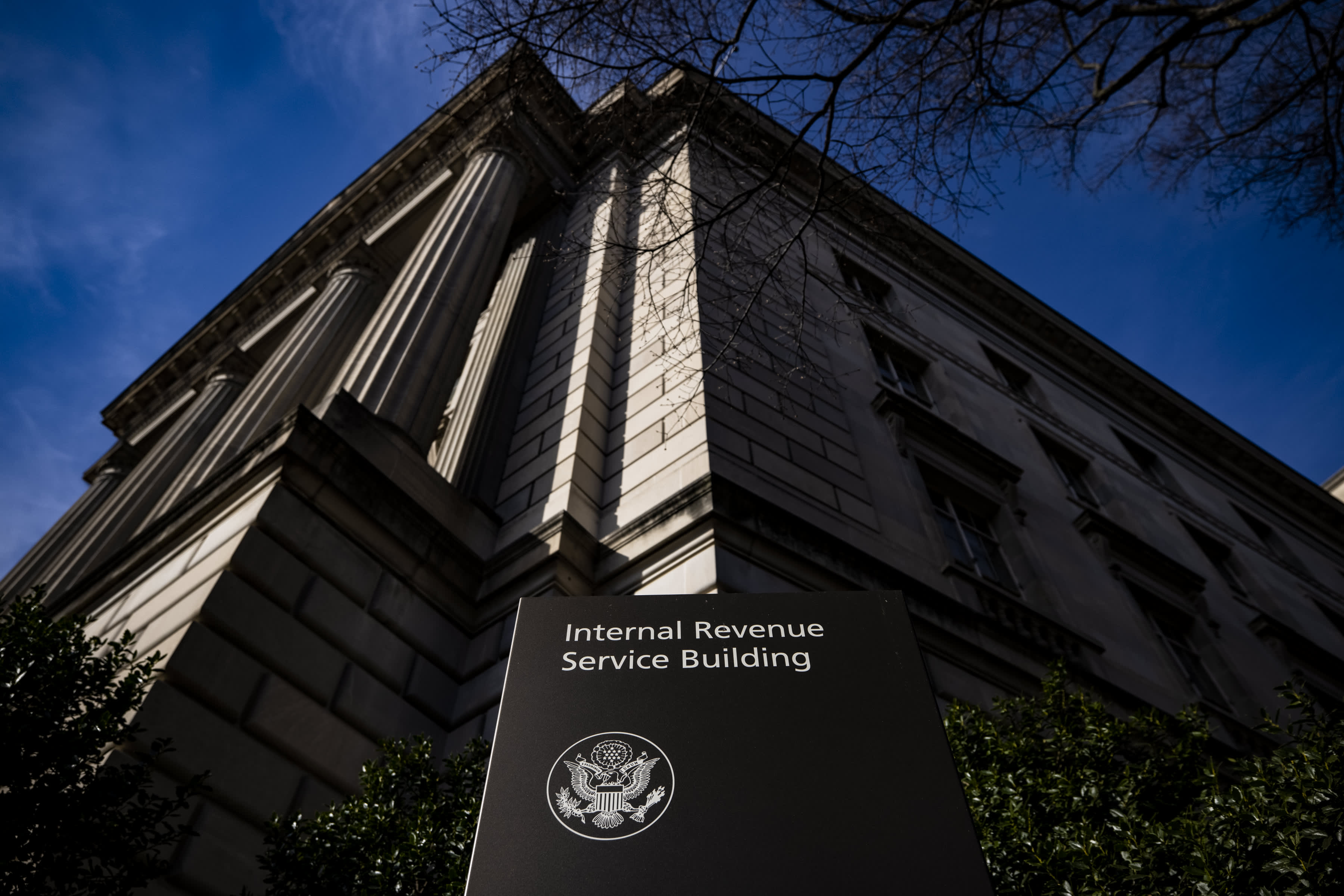There’s still time to make health savings account contributions for 2020.
Those with high-deductible health plans have until the extended tax-filing deadline, May 17, to make HSA contributions for 2020.
Self-only plans allow deposits of up to $3,550, while those with family coverage may save as much as $7,100.
This last-minute move may trim your tax bill while setting aside funds for future health care, financial experts say.
More in Personal Finance:
Here are the new health savings account contribution limits for 2022
There’s one week left to contribute to 2020 IRAs ahead of May 17 tax deadline
Here are smart steps to take now to make tax filing easier for 2021
HSA benefits
“HSAs are one of the most tax-advantaged vehicles that we have,” said Kevin Mitchell, a certified financial planner and partner at TrustCore in Brentwood, Tennessee.
There’s an “above-the-line” tax break for HSA contributions, a perk for filers who don’t itemize deductions, and these deposits may reduce adjusted gross income.
Another benefit is the ability to invest and grow HSA balances tax-free. Account holders may use the money anytime, tax and penalty-free, for eligible medical expenses.
HSAs are one of the most tax-advantaged vehicles that we have.Kevin MitchellPartner at TrustCore
Those with fewer medical bills now may even skip withdrawals to save for health care in retirement.
“It’s one of the few account types where you get a tax break basically on all sides,” said Eric Bronnenkant, a CFP and certified public accountant at Betterment, a digital investment advisor.
With no “use-it-or-lose-it” rules, HSA balances may roll over every year, and it’s portable for those changing jobs, unlike flexible spending accounts.
Qualify for other tax breaks
Bronnenkant said reducing adjusted gross income offers more than a lower tax bill.
“It may help you qualify for other benefits,” he said.
For example, the latest round of stimulus payments may decrease for single filers with an adjusted gross income of more than $75,000 and married couples over $150,000.
It may also impact the $10,200 unemployment tax break, available to those making under $150,000, he said.
Those close to the thresholds may use HSA or individual retirement account contributions to drop into the eligibility range.
“It really helps people who are on the borderline,” he added.
Speaking with a financial advisor or tax professional may offer guidance on the complete financial picture, however.
Be proactive with HSA contributions
As the tax season winds down, it may be time to weigh HSA contributions for 2021, with a cutoff of next year’s tax-filing deadline.
“We always make sure to let clients know that if you’re in a position where you qualify, and you have the eligibility, that you should always maximize if cash flow permits,” said Mitchell.
Those eager to max out their HSA in 2021 may contribute up to $3,600 for self-only plans and $7,200 for family insurance.
For 2022, there’s a new HSA contribution increase to consider. Single filers may save up to $3,650 and families may set aside up to $7,300.
With the ability to make HSA deposits until the tax deadline, Bronnenkant said it’s easy to save money for the wrong year.
“By default, the provider assumes that it’s for the year the contribution is made,” he added.
Account holders may avoid trouble by double-checking their contribution year.
